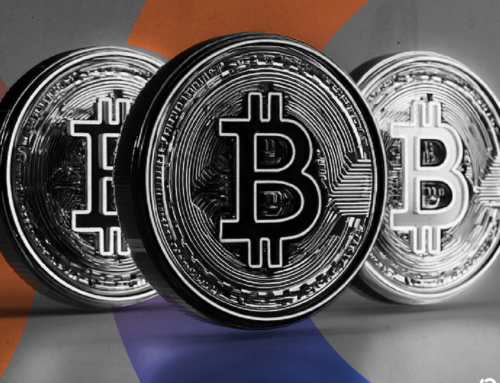Solar energy and smart homes: The synergy of clean power and automation
January 4, 2025
In the face of rapidly accelerating climate change, there is a swift shift to renewable energy sources globally, including in India. Solar power is driving the transition to renewable energy among households with its potential to provide nearly limitless clean energy. When solar-powered homes adopt automation, the resulting synergies lead to even more efficient, intelligent, and sustainable homes and living spaces.
Solar-powered smart homes: The best of both worlds
Smart homes adapt to users’ preferences, making residences more efficient, safe, and comfortable. And when smart homes work on solar power, the benefits multiply for several reasons.
Firstly, while the intelligent technologies within smart homes excel at optimising energy use, they need a constant and reliable energy source to perform. Solar energy is such a source. Solar-powered smart homes are also safer than homes that derive power from the grid since the security devices never lose electricity. And, while solar rooftop solutions lead to energy independence, smart homes amplify this independence since the automation solutions help conserve energy for longer, even during unfavourable weather conditions, ensuring that residents are comfortable and safe.
Crucially, while a smart home commands a higher value than a conventional home, a smart home powered by solar energy commands an even higher value—approximately 4.1% more than a traditional home. Every kilowatt of solar power installed in a smart home raises its price by an estimated INR 59,110.
Sustainability is going mainstream
India’s renewable energy capacity recently crossed 200 gigawatts (GW), with solar power making up over 90 GW of this capacity. Rooftop solar produces 11 GW of India’s solar power capacity, of which homes generate 2.7GW. However, Indian households have the potential to deploy 637 GW of solar energy capacity from their rooftops, according to a study by the Council of Energy, Environment, and Water (CEEW).
Thus, the synergy between solar power and automation can tap into the latent solar energy production potential of Indian households and achieve the government’s vision of lowering household electricity bills to zero and selling electricity for a profit.
Embracing opportunities for a greener tomorrow
In the years ahead, the journey toward integrating solar solutions and smart home technology will be filled with exciting opportunities. While there are considerations to address, such as initial costs and integration processes, these are being met with innovative solutions and collaborative efforts across the industry.
For many households, the initial investment in solar power and smart home technology may seem significant; however, there is a growing awareness of the substantial benefits these innovations offer. As more families begin to recognize the long-term financial savings and environmental advantages, the transition will become increasingly appealing. The synergy between solar energy and smart home systems promises not only to enhance households’ quality of life but also to deliver significant energy savings over time, making it a wise investment for the future.

Meanwhile, integrating rooftop solar solutions with smart home technology is becoming increasingly seamless, thanks to rapid technological advancements. Manufacturers of solar solutions and home automation systems are collaborating more closely than ever, paving the way for smoother integration and wider adoption. This collaboration is making it easier for homeowners to enjoy the full benefits of these innovations without the hassle.
Administrative processes are also evolving to become more streamlined and transparent. Governments and industry leaders are actively working to simplify procedures and offer incentives, making the transition to solar energy more appealing and accessible. For instance, new policies, such as through the net metering mechanism, have been introduced to facilitate the sale of surplus energy back to the grid, ensuring that households can benefit financially from their investment in solar power.
The momentum towards a sustainable and smarter future is gaining pace. These challenges are merely stepping stones on the path to widespread energy independence. As solar rooftop solutions and smart home technologies continue to advance, they will become an integral part of everyday life in India, much like they have in many developed countries. The future holds exciting possibilities where Indian households can enjoy enhanced living standards and contribute to a cleaner, greener planet.
Disclaimer: The views expressed in this article are those of the author/authors and do not necessarily reflect the views of ET Edge Insights, its management, or its members
Search
RECENT PRESS RELEASES
Related Post



